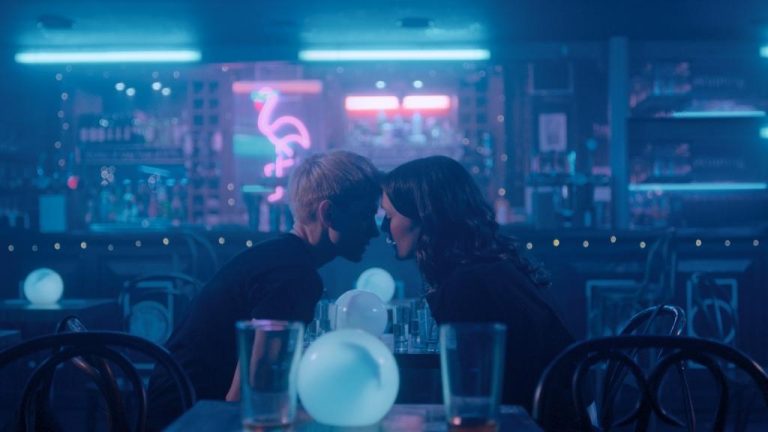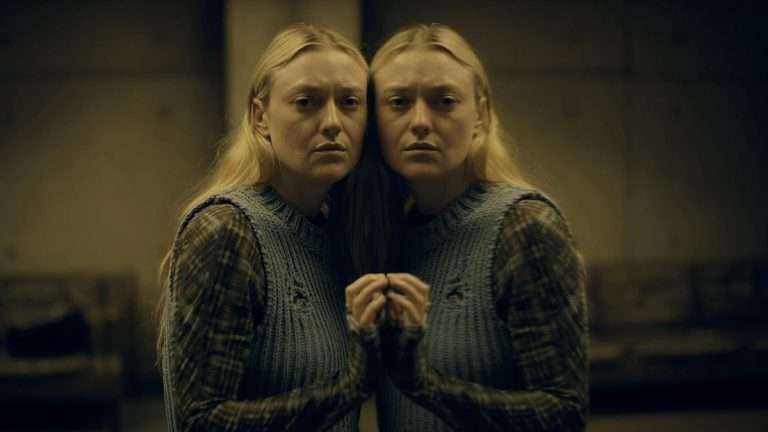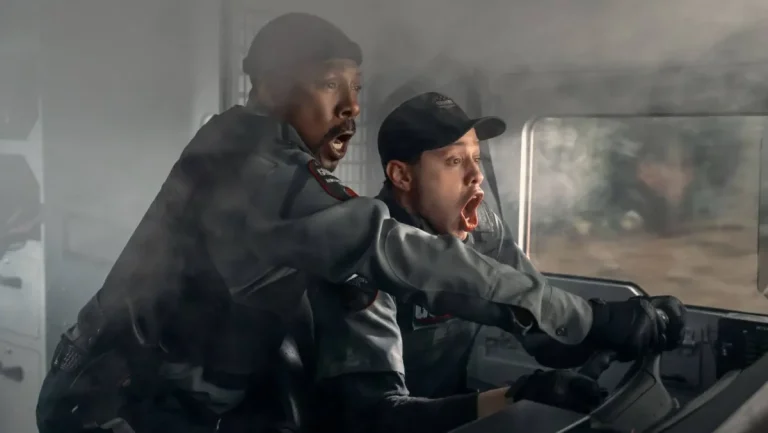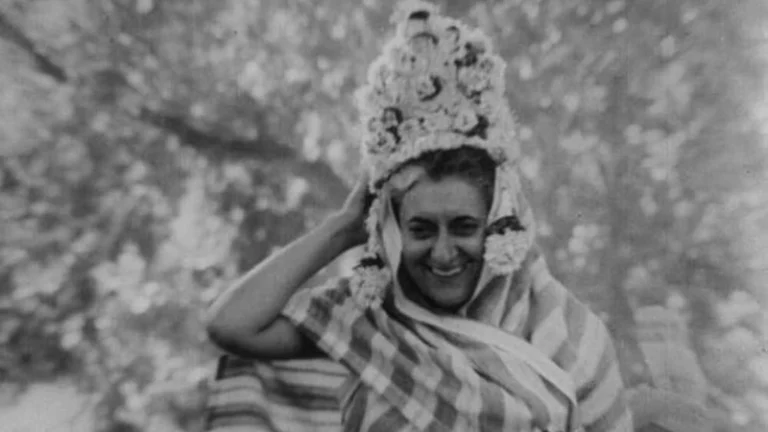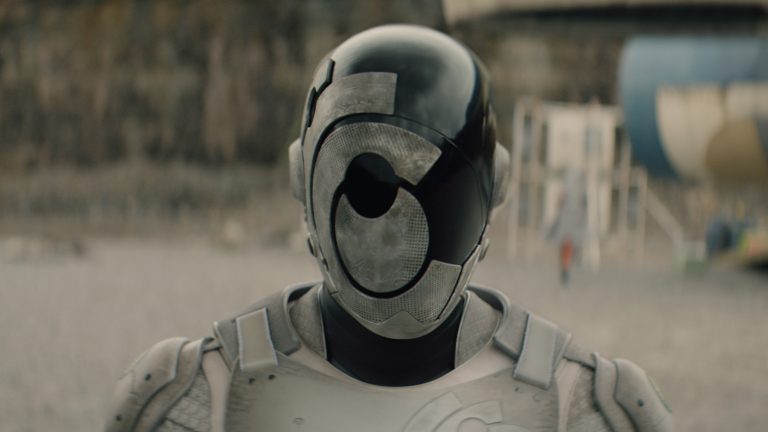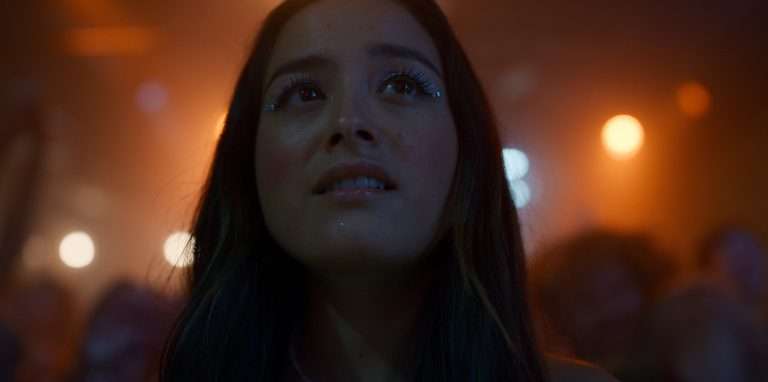British writers and filmmakers often find a way to marry heart with humor in ways that American artists may never do. The wry humor is one of their most obvious traits, but they don’t use it solely when characters want to take the piss out of someone. The humor also becomes a way to hide their flaws or insecurities. At their best, British dramas excel at using this humor to build uncomfortable silences rather than resorting to routine transitions into lighthearted humor. Their dryness leads the characters to look beyond the obvious, and what they conceal becomes a way for them to bond with others.
Something similar happens in “Down Cemetery Road” (TV Series 2025), which begins as an investigative thriller about people from different walks of life compelled to work together on an investigation. It picks up shortly after Sarah (Ruth Wilson) witnesses the aftermath of a sudden bomb explosion that leaves a young girl alone. She becomes the lone survivor from her family in this incident in a family-friendly neighborhood, where it seems unlikely to happen. Its strangeness does not register on others as it does on Sarah. She decides to meet the young girl, Dinah, at the hospital to check on her well-being, but it’s more so for personal reasons.
Over the course of its eight episodes, the show explores Sarah’s personal qualms, resulting from her loveless marriage with self-centered Mark (Tom Riley), who remains disproportionately invested in his professional goals. It doesn’t seem like he intentionally ignores her, but the amount of time he spends concerned for her emotional well-being tells you everything about why she feels ignored and emotionally abandoned in this marriage.
Her professional life, or a life outside of her marriage, is not bright either. So, the worries of unfulfilled potential eat her up from the inside. The resulting boredom leads her to be deeply concerned about the young girl, since the world seemingly moves on without caring about what happens to her.
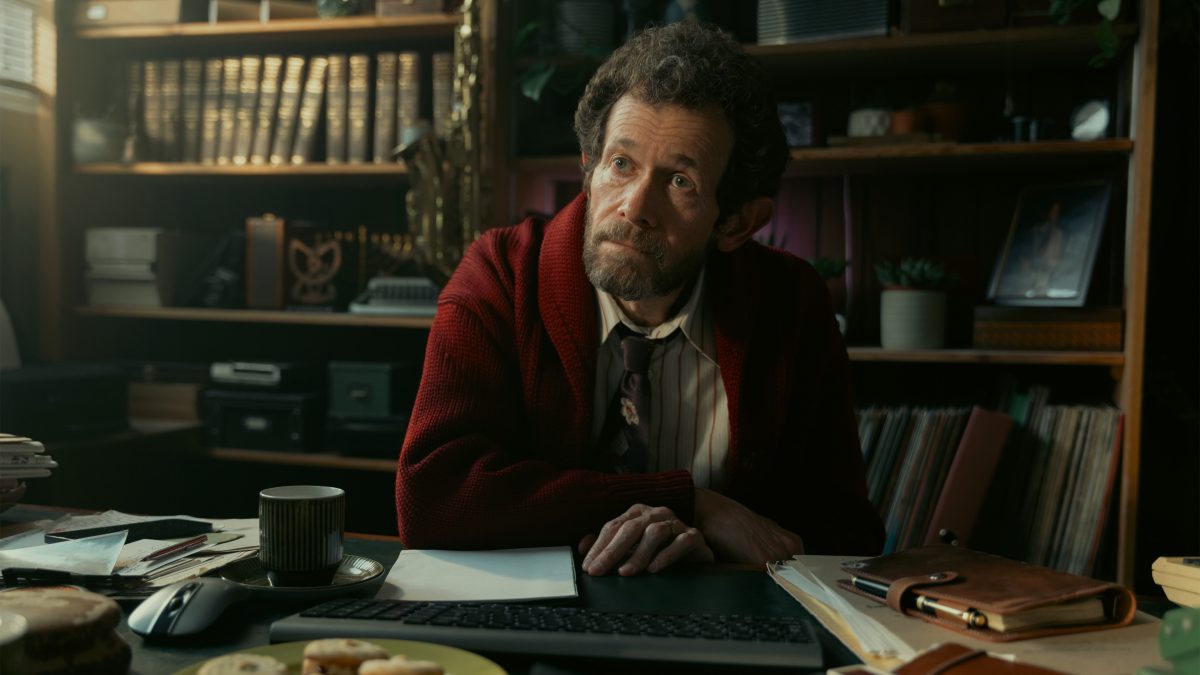
In that sense, Sarah’s struggles feel similar to those who have begun seeking comfort in the true-crime genre to escape their ennui. It worked unevenly in the case of “Only Murders in the Building,” leading its genre fanatics to solve the cases themselves. Sarah is not interested in the details of such cases to get some cheap thrills, even if the adrenaline rush of solving the puzzle keeps her moving on a risky path. Her reasons to want to locate Dinah and protect her are personal, much like those of detective Zoë Boehm (Emma Thompson) and Downey (Nathan Stewart-Jarrett), who tag along with her.
Also Read: The 23 Best Apple Original Films, Ranked from Worst to Best
A major chunk of ‘Down Cemetery Road’ explores their push-and-pull dynamic, as they bond with each other under dire circumstances. The script focuses on their inner turmoil to offer a more profound sense of their motivations. It also brings in loads of organic humor where characters grapple with their interpersonal differences.
Downey, initially introduced as a frighteningly enigmatic figure tied to a national scandal, appears far more self-aware than Sarah — since her altruistic drive to help a poor child does not magically offer her the smarts to fight ground-level battles. Detective Zoë has the drive and the smarts, and her self-awareness leads her into battles that she knows how to fight.
Yet, it’s Sarah’s naive hope and courage to find the truth that drives Zoë and Downey in their pursuit. Their friction helps with spontaneous, situational humor in the script, loaded with insights about their past. Even a momentary outburst or a change-of-heart moment informs more about their psyche. That’s primarily how the show keeps us invested.
Yet, beyond their interiority, the show underlines systemic issues at play through the power struggles between other players in this puzzle. So, whether it’s Downey, Sarah, Amos (Fehinti Balogun), or Hamza (Adeel Akhtar), we witness them reflecting the disparities that pit people against one another or scapegoat them if it suits the others with their upward-mobility goals.
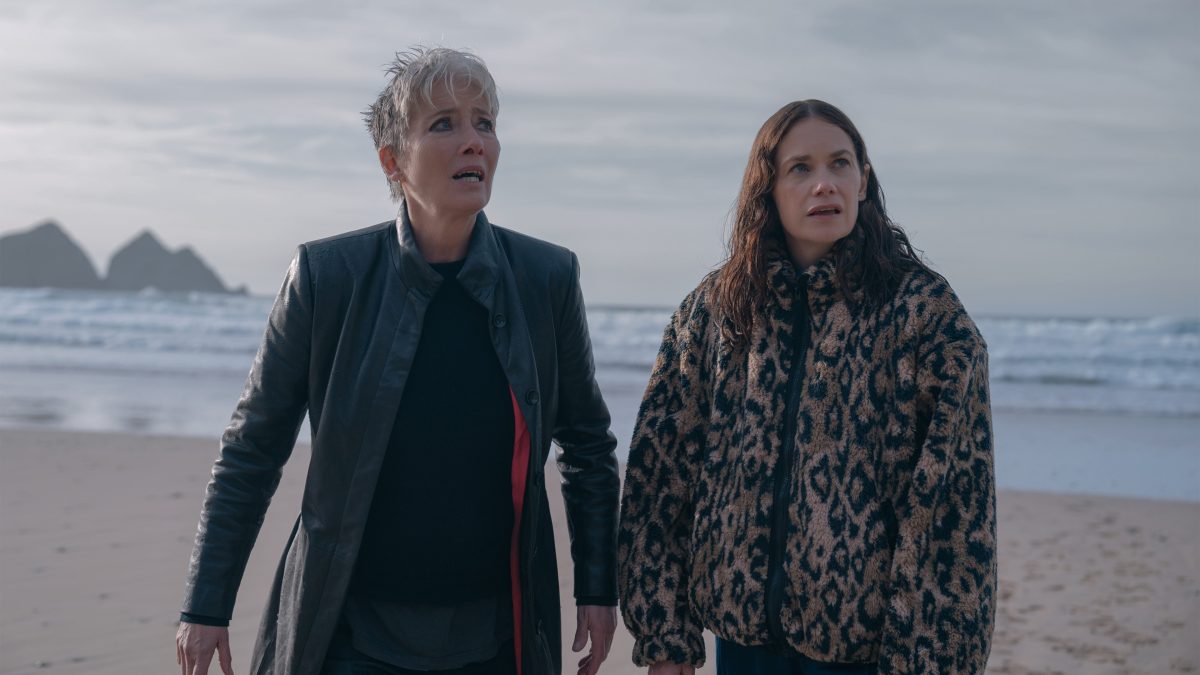
In that vein, the script sticks its landing with what it wants to convey through its ending. In the end, the quests of its characters are not for grand, victorious moments as much as they are about survival. Every character is pushed to the brink to stand a fighting chance simply for making it to the end. Its tragic nature doesn’t go unnoticed despite dollops of casual humor peppered in every episode. The humor lands because of the talented cast, especially Wilson and Thompson, whose characters swing the most between the tragic and the comic.
P.I. Zoë’s gruff, matter-of-factness is often pitted against Sarah’s dynamic but sentimental nature. Yet, it works because Thompson and Wilson are reliable with their acting chops, whether dramatic or comedic. Their banter alone can be enough of a reason to watch the show, besides the emotional investment in their stakes.
Yet, the show stays so focused on fleshing out these personal moments that it becomes unsatisfying as a crime thriller. It feels like moments of an investigative thriller are added to a buddy dramedy instead of the other way around. That’s why the show becomes tonally incoherent when it tries to switch back and forth between the thrilling and the mundane.
Mike Herron, whose first novel serves as the show’s source narrative, is not new to a similar tonal switch-up. In “Slow Horses,” he has explored similarly everyday details from characters’ lives, even if they are spies dealing with facets of global warfare. Unlike those, “Down Cemetery Road” becomes comfortable with its relaxed tone too often, leading its heightened action scenes to feel emotionally pale in comparison.
Even its reveals are less about the information shaping the overall story and more about how it affects the character/s, which makes it a compelling character analysis, but dampens its sense of thrill. That leaves at least some of its heightened moments feeling out of place in a resonating drama about people deeply unsatisfied with the state of their lives.



